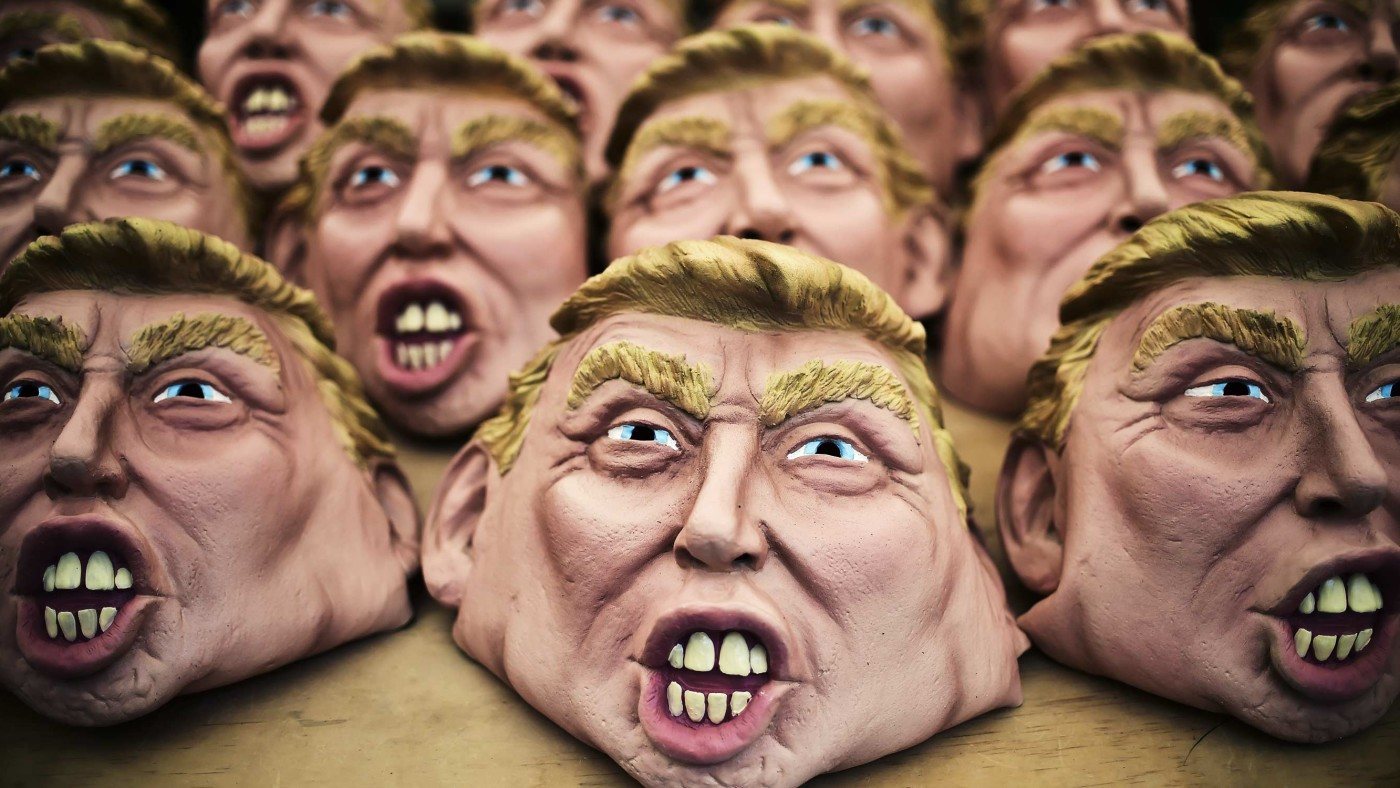Today, Donald J Trump becomes the 45th President of the United States. Looking out of my office window in Washington, DC, I have seen a lot of red baseball hats over the last couple of days. Trump’s supporters have descended en masse and they are proud to advertise their support for the new chief executive.
It is a remarkable sight, for DC is a bastion of American progressivism and the few Trump supporters that I know have been keeping a very low profile. The culture of political correctness ushered in by the Obama Administration stifled political debate in Washington and provided the progressives with a false sense of security.
Red baseball hats, then, are the first visible signs of the changing of the guard. Most Washingtonians have never encountered a Trump supporter before and seeing the latter, in their thousands, must be an unsettling experience. People here, after all, have devoted their careers to expanding the power of the federal government, which Trump now wants to slash.
Conversely, most of the progressives that I know have skipped town. Their hatred of the new administration and the policies it intends to pursue is visceral. That’s understandable. Many a career ended and many a carefully laid plan evaporated into thin air on the night that Hillary Clinton failed to win the Presidency.
So, what are some of the policy changes that we might expect to see in the months ahead?
First, let’s look at potential good news. The US tax code, which is 12 times the size of the King James Bible, could be simplified and, deo volente, put many tax accountants (including the one I briefly dated some six years ago) out of business. Currently, the United States has the most progressive personal income tax in the OECD, with the top 2.7 per cent of income earners paying 51.6 per cent of all federal income taxes.
Similarly, the corporate tax rate here is the highest in the developed world, making American producers less competitive vis-à-vis their foreign competitors. Both could be lowered, thus stimulating the economy and, hopefully, putting an end to the anaemic growth of the Obama era.
Federal regulations, amounting to over 80,000 pages and costing the economy $1.8 trillion per year, could be slashed. That would be particularly welcome news for energy exploration and extraction. Thanks to fracking, the United States is perfectly capable of producing enough cheap energy to meet its own needs and then some.
Unfortunately, Obama’s executive orders restricted areas of exploration and the EPA made extraction of energy, such as coal, very difficult. Dodd-Frank financial regulations, likewise, proved to be too onerous and should be repealed.
Obamacare, a catastrophic attempt by the outgoing administration to centrally plan one fifth of the US economy will probably be repealed. Barack Obama’s signature “accomplishment” has drastically reduced consumer choice (some counties are down to offering a single insurance plan) and massively increased the cost of coverage (one county in Arizona saw premiums spike by 107 per cent last year alone).
In the future, market forces, rather than bureaucrats, are likely to determine the availability and cost of coverage. Insurance companies should be allowed to compete across state lines, people should be encouraged to purchase health coverage via tax breaks and the poor should be subsidised via Medicaid.
Second, let’s look at the potential bad news. Trump and his incoming Commerce Secretary Wilbur Ross have both declared themselves in favour of free trade, but they have also threatened to use protectionist measures against foreign producers.
A trade war with China would be catastrophic for both countries. If Trump has specific objections to Chinese policies and business practices, he should negotiate with China directly or refer China to the World Trade Organisation. That’s why the WTO exists! On no account should Trump undermine the global trading system through unilateral action. Trade is the engine of global growth and international cooperation.
Conservatives were giddy with excitement when Trump bullied the Carrier Corporation into changing its business plan in order to retain more jobs on this side of the US border with Mexico. Just imagine the howls of protest had Obama done the same. Conservatives would have called him a “communist” and with good reason.
The government should not second-guess the business decisions of private companies or choose winners and losers in the market place. That is why Trump’s apparent commitment to “revive” the US industry is such a bad idea. No one knows where future economic growth will be. Ridiculously, candidate Obama promised to create five million “green” jobs. In the end, job growth came from fracking of fossil fuels.
Contrary to his progressive detractors, Trump could accomplish a lot of good. But, dismayingly to conservatives and libertarians, he could also cause a lot of harm. For better and for worse, Trump’s term in office promises to be one hell of a ride. Buckle up!


